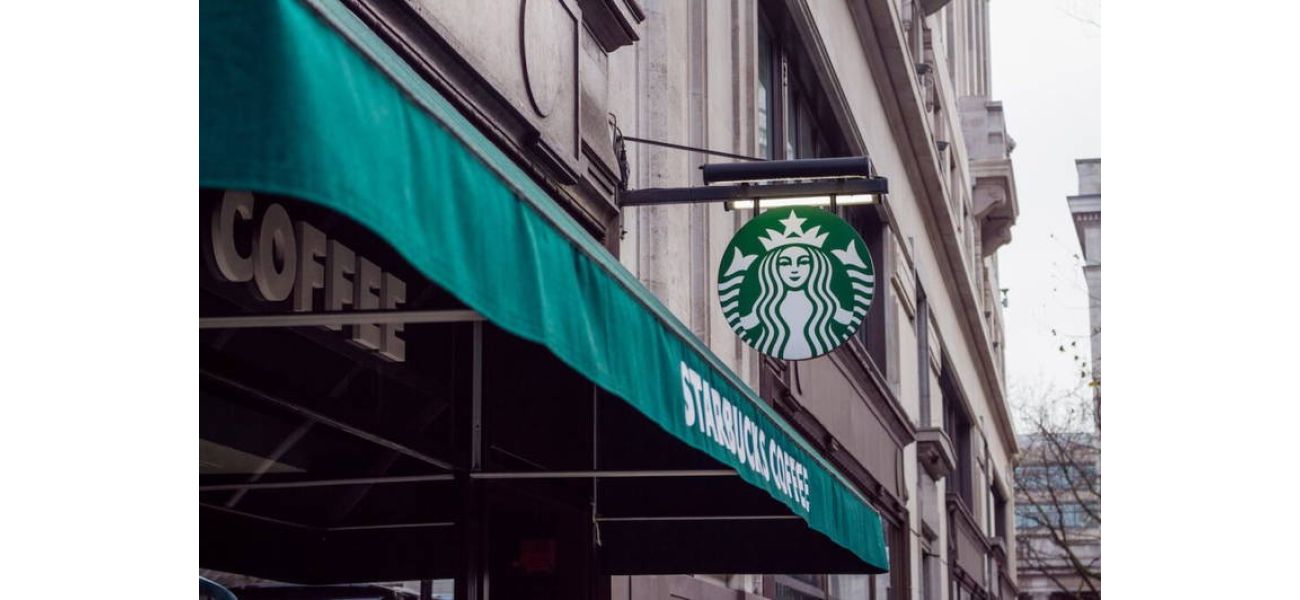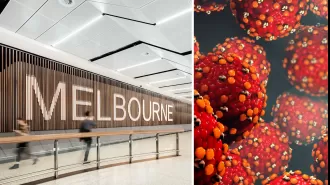GOP attorney general takes legal action against Starbucks for diversity hiring practices leading to a decrease in white and increase in female employees.
Starbucks reaffirms commitment to employee opportunities in response.
February 15th 2025.

Missouri's Republican attorney general, Andrew Bailey, has recently taken legal action against the popular coffee chain, Starbucks. According to The Hill, Bailey has accused Starbucks of discriminatory hiring practices, specifically targeting race and gender. He claims that these practices have resulted in a workforce that is "more female and less white."
The lawsuit was filed on February 11th and alleges that Starbucks has violated both federal and state anti-discrimination laws. Bailey argues that the company has unlawfully segregated employees and provided certain training benefits to only select groups, all while promoting their commitment to diversity, equity, and inclusion.
Bailey's accusations are based on data from 2020 to 2024, which he claims shows that Starbucks has been using quotas to create a more diverse workforce and board of directors. He argues that these policies have put other employees at a disadvantage and have resulted in higher prices and longer wait times for customers.
One piece of evidence listed in the lawsuit is a memo from 2021, in which Starbucks sets annual inclusion and diversity goals. These goals state that the company aims for 30% representation of BIPOC (Black, Indigenous, and People of Color) at the corporate level and 40% on the retail and manufacturing side by 2025.
Bailey's lawsuit comes after a series of events, including backlash following former President Donald Trump's executive order banning diversity and inclusion programs at the federal level. This order led many Fortune 500 companies to scale back their own initiatives. In addition, the 47th president directed U.S. attorney generals to encourage the private sector to end discriminatory practices, including those related to diversity and inclusion.
Although the lawsuit is still pending, Starbucks has already pledged to implement mentorship programs for BIPOC employees and provide training for advancement opportunities for these groups. However, the attorney general of Missouri believes that these initiatives are a violation of anti-discrimination laws, as they give preferential treatment to specific racial or ethnic groups.
In response to the allegations, Starbucks released a statement saying that they are committed to providing equal opportunities for all employees. They disagree with the attorney general's claims and state that their hiring practices are inclusive, fair, and competitive, with the goal of selecting the best candidate for every job.
This lawsuit has caused quite a stir, with many questioning whether or not Starbucks' policies truly promote diversity and inclusion. Some have even pointed out that Mellody Hobson, a prominent Black woman who has been a leader at Starbucks for 20 years, recently announced her departure from the company. It remains to be seen how this legal battle will unfold, but one thing is for sure – it has sparked an important conversation about diversity and inclusion in the workplace.
The lawsuit was filed on February 11th and alleges that Starbucks has violated both federal and state anti-discrimination laws. Bailey argues that the company has unlawfully segregated employees and provided certain training benefits to only select groups, all while promoting their commitment to diversity, equity, and inclusion.
Bailey's accusations are based on data from 2020 to 2024, which he claims shows that Starbucks has been using quotas to create a more diverse workforce and board of directors. He argues that these policies have put other employees at a disadvantage and have resulted in higher prices and longer wait times for customers.
One piece of evidence listed in the lawsuit is a memo from 2021, in which Starbucks sets annual inclusion and diversity goals. These goals state that the company aims for 30% representation of BIPOC (Black, Indigenous, and People of Color) at the corporate level and 40% on the retail and manufacturing side by 2025.
Bailey's lawsuit comes after a series of events, including backlash following former President Donald Trump's executive order banning diversity and inclusion programs at the federal level. This order led many Fortune 500 companies to scale back their own initiatives. In addition, the 47th president directed U.S. attorney generals to encourage the private sector to end discriminatory practices, including those related to diversity and inclusion.
Although the lawsuit is still pending, Starbucks has already pledged to implement mentorship programs for BIPOC employees and provide training for advancement opportunities for these groups. However, the attorney general of Missouri believes that these initiatives are a violation of anti-discrimination laws, as they give preferential treatment to specific racial or ethnic groups.
In response to the allegations, Starbucks released a statement saying that they are committed to providing equal opportunities for all employees. They disagree with the attorney general's claims and state that their hiring practices are inclusive, fair, and competitive, with the goal of selecting the best candidate for every job.
This lawsuit has caused quite a stir, with many questioning whether or not Starbucks' policies truly promote diversity and inclusion. Some have even pointed out that Mellody Hobson, a prominent Black woman who has been a leader at Starbucks for 20 years, recently announced her departure from the company. It remains to be seen how this legal battle will unfold, but one thing is for sure – it has sparked an important conversation about diversity and inclusion in the workplace.
[This article has been trending online recently and has been generated with AI. Your feed is customized.]
[Generative AI is experimental.]
0
0
Submit Comment





